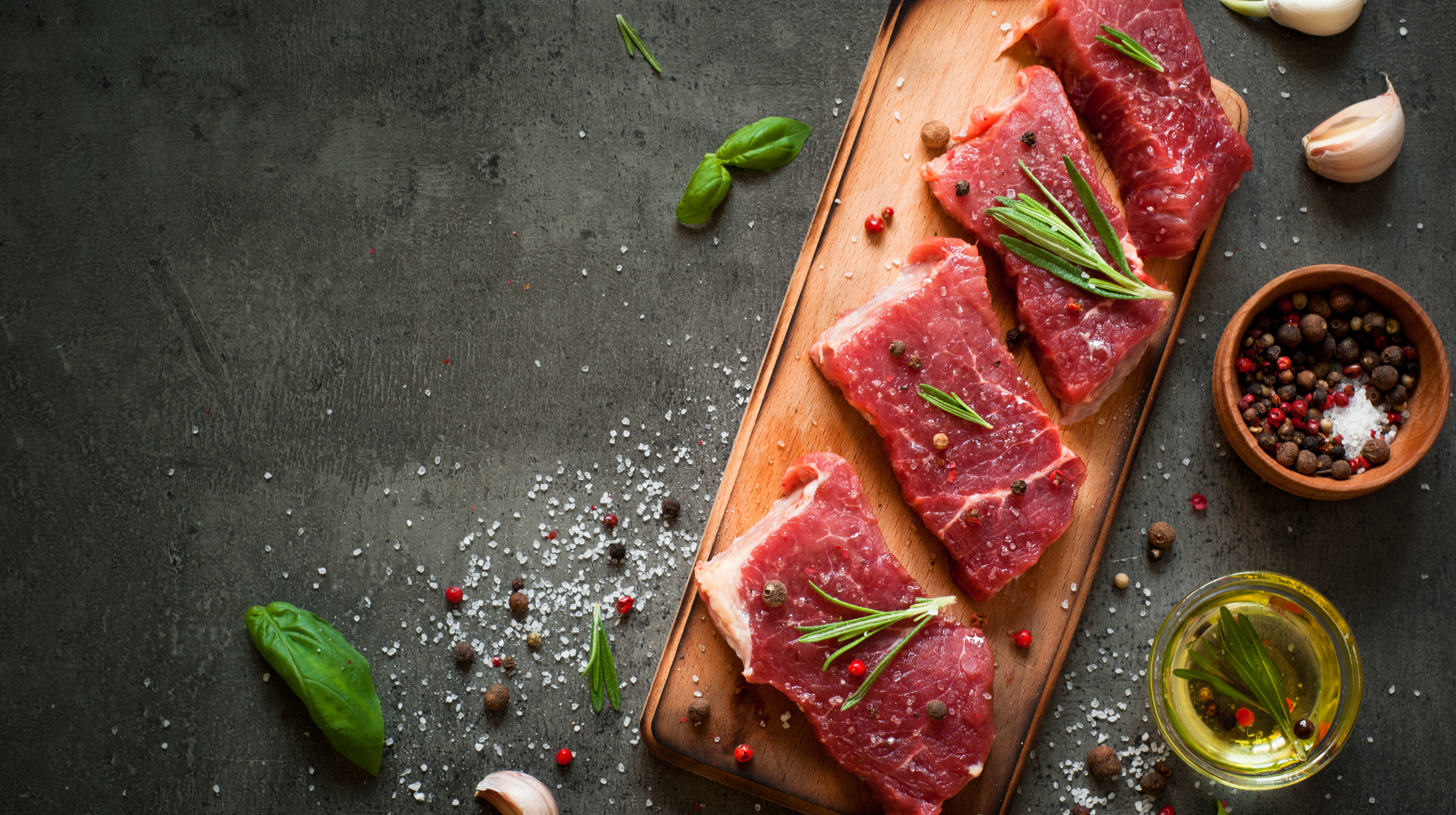How Much Protein Should I be Eating Daily if I am a Hardgainer?
Aug 11, 2020 mindpumpMost lifters in general aren’t eating enough protein. Why? Because in the standard American diet, while yes, we may be getting the minimum dose of protein intake, when it comes to increasing muscle, you need more.
How Much Protein
.82g-1g per pound of body weight. This ensures you are getting enough protein for muscle growth, as well as enough leftover for all other enzymatic functions the body needs just to function properly. Essentially, aim for 30-40grams of protein a meal (if you don’t want to calculate, make sure your protein serving is the size and thickness of your palm for EACH meal.)
Calculating your calories and macros for protein
To get a rough baseline of how many calories to bulk OVERALL, calculate your bodyweight x 15-16, and go from there.
150lbs -> 2,250-2400 calories to start
180lbs -> 2,700-2,880 calories
You don’t need to be putting on 5 pounds a week contrary to what people tell you. You should be shooting for ½ pound to 1 pound a week. If you’re gaining weight too fast, lower the calories. If it’s slower, bring it up by 200 calories (I’m guessing if you are a hardgainer, gaining weight too fast is never an issue). It is a journey after all. It will take a couple weeks at a time to figure out your sweet spot.
Protein: .82-1g per pound
150lbs -> 123-150 grams of protein x 4 (calories per gram of protein) = 492-600cals
180lbs -> 148-180 grams of protein x 4 = 592-720cals
Again, these are rough guidelines. Please don’t feel the need to be tied hard to these numbers. We just need a baseline. The bigger things to notice over the next couple weeks are
- How does your energy in the gym feel? – If you constantly feel tired halfway through your workout, it could be lack of sleep, not enough protein/carbs to recover, hydration, or any number of things.
- How do your strength numbers look? – One of the best and only signs we have of knowing we are eating enough protein is performance in the gym. If your numbers or reps to your main lifts are going up week to week, chances are you are eating enough protein. If they aren’t, you should consider adding 20-30 grams of protein per day, and reassessing.
What Foods to eat?
90% from whole food sources:
Protein sources – turkey, beef, steak, chicken, fish, eggs, etc.
Carb sources – oatmeal, rice, potatoes, quinoa, beans, etc
Fat sources – nut butters, nuts, olive oil, egg yolks, etc.
Final note – Myth Busting
For some reason anyone who isn’t into lifting loves to give protein a bad name. You’ll hear all kinds of accusations for reasons NOT to increase your protein intake.
“You really don’t need that much protein.”
Ok? You also don’t REALLY need to eat vegetables with every meal. In fact, most of us probably eat 1-2 servings of veggies a WEEK, if we’re lucky. Does that mean it’s optimal? No. I have found most people use this as a weird justification for why they aren’t including more protein into their own diet. It’s a projection of their insecurity.
Diets like eating vegan, are inherently low protein by nature of what makes up the bulk of the diet. There is nothing wrong with that, so long as you are aware, and are willing to implement the adjustments. But the reality is, the typical vegan eater (much like any other average eater), isn’t going to 1. realize this fact and 2. go out of their way to make sure it isn’t the case. This goes for any diet.
“It’s bad for your kidneys.”
Sure, maybe if you already have a predisposition to renal failure, or underlying kidney issues. But there have been zero studies done on otherwise healthy individuals, showing that increasing their protein negatively affects their physiology.”
“I’m not trying to gain muscle.”
Protein also gets a bad wrap for being associated STRICTLY with muscle gain. Every function in your human body needs enzymes to fire properly. Guess what enzymes are made of? Don’t you want healthy and longevity? Wouldn’t it be ideal to have a lifestyle that focuses on optimizing the way your body works? Let’s focus on that aspect of protein intake a little more.







